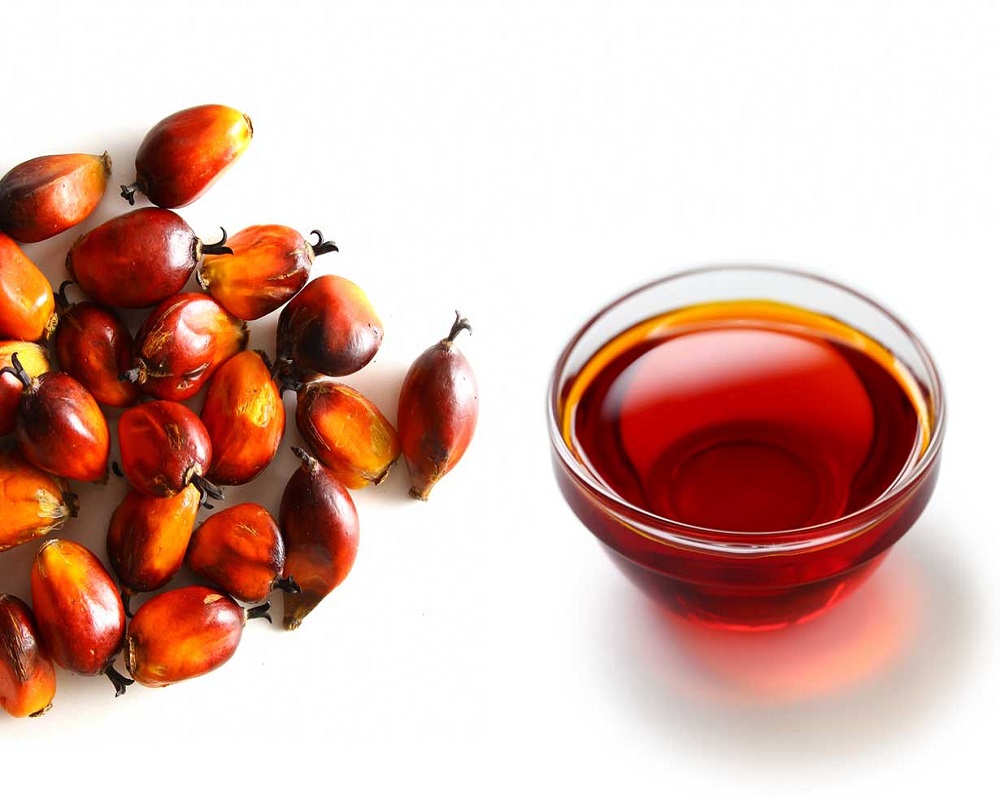Palm oil

Palm oil is an edible vegetable oil derived from the mesocarp (reddish pulp) of the fruit of the oil palms.[1] The oil is used in food manufacturing, in beauty products, and as biofuel. Palm oil accounted for about 33% of global oils produced from oil crops in 2014.[2]
The use of palm oil has attracted the concern of environmental groups; forests have been cleared in parts of Indonesia and Malaysia to make space for oil-palm monoculture.[3] This has significant impacts on the local ecosystems leading to deforestation and biodiversity loss. For example, these processes have resulted in significant acreage losses of the natural habitat of the three surviving species of orangutan. One species in particular, the Sumatran orangutan, has been listed as critically endangered because of habitat loss due to palm oil cultivation.[4][5]
In addition to environmental concerns, palm oil development in regions that produce it has also led to significant social conflict. Regions with fast growing palm oil production have experienced significant violations of indigenous land rights, influxes of illegal immigrant labor and labor practices, and other related human rights violations. Due to human rights, environmental and ethical concerns an industry group formed in 2004 to create more sustainable and ethical palm oil, through the Roundtable on Sustainable Palm Oil. However, very little palm oil is certified through the organization, and some groups have criticized it as greenwashing.





